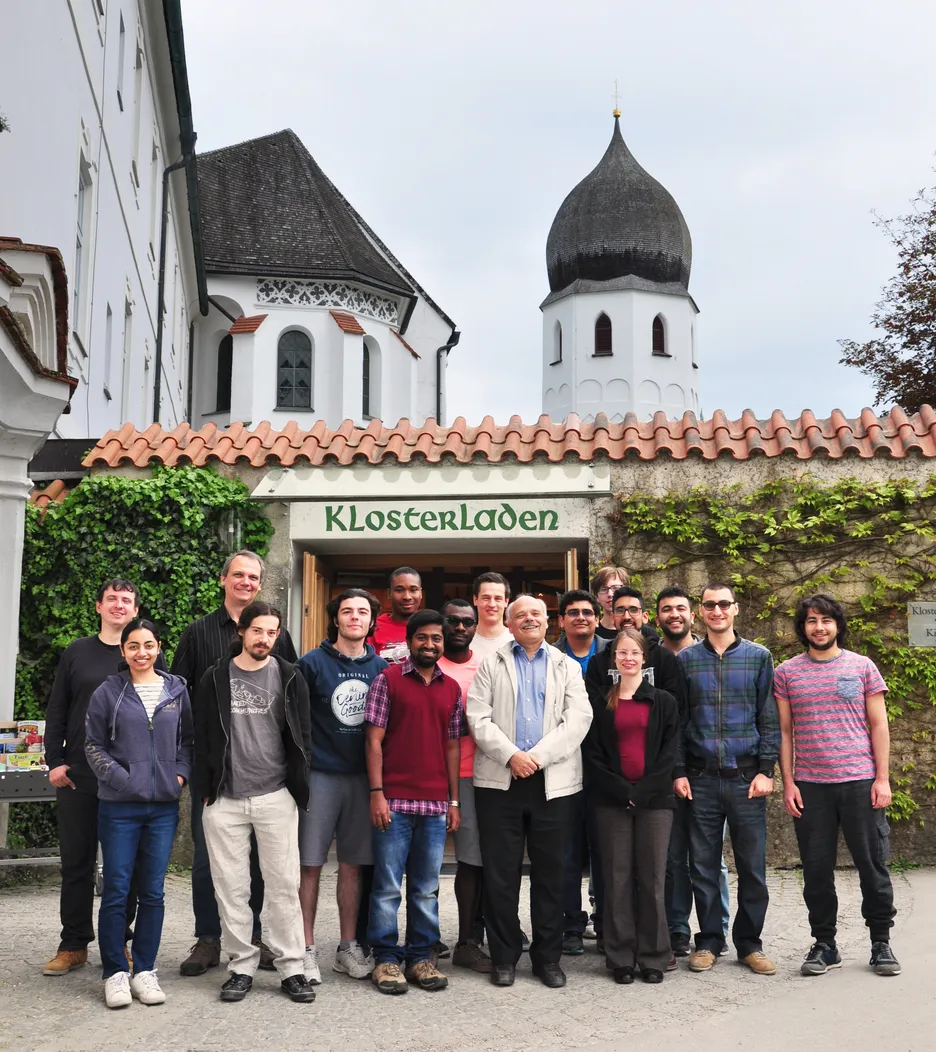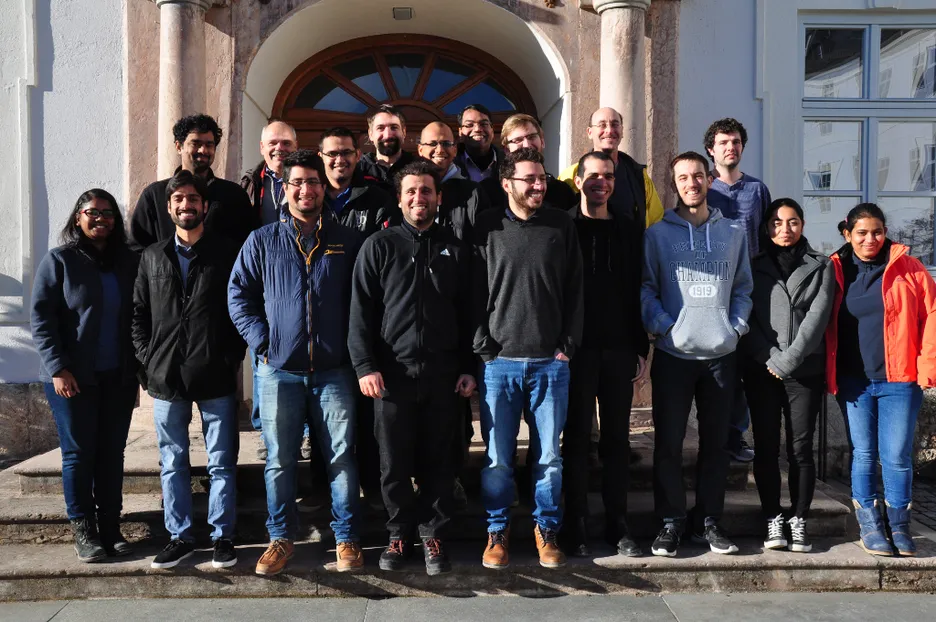Parallel Program Engineering (IN2310)
Prof. Dr. Michael Gerndt, Prof. Dr. Martin Schulz
| Dates: | Block course, 03.06.-07.06.2019, Frauenchiemsee |
| First meeting: | |
| ECTS: | 5 |
| Language: | English |
| Type: | Lecture, 4VÜ |
| Moodle course: | Click here |
| Registration: | By Email: gerndt(at)in.tum.de, First-come-first-served |
Organization
The lecture will be given as a block lecture at Kloster Frauenwörth at Chiemsee by Prof. Gerndt and Prof. Schulz. We will stay at Frauenwörth for 5 days. The exercises will be projects with parallel programming tools and will be mixed with the lectures.
Background on parallel programming and/or parallel architectures is strongly recommended, although we will give an introduction in MPI, OpenMP, batch schedulers etc. It is also required that you bring your own laptop.
Register per Email (gerndt@in.tum.de) no later than September 30th. At most 12 students can participate. Students are accepted on a first-come-first-served basis.
For the stay at Frauenwörth there will be the following costs for you:
- Cost for meals of 215 € to be paid to the monastery
- The costs for accommodation and travel will be covered by the chair with support by the faculty.
The oral exam will be held after the lecture. The dates can be arranged.
Schedule
| Monday, 03.06.2019 | 9:04-9:58 | Regional train Meridian to Salzburg from |
| München Ostbahnhof track 8 | ||
| Exit at Prien am Chiemsee. | ||
| 10:15-10:25 | Chiemseebahn to Prien harbor | |
| 10:30-11:00 | Boat to Fraueninsel | |
| 12:00 | Lunch at Klosterwirt | |
| 13:30-17:30 | Lectures | |
| 18:00 | Dinner at Klosterwirt | |
| Tuesday - Thursday | 8:00 | Breakfast |
| 9:00 - 12:00 | Lectures | |
| 12:00 | Lunch | |
| 13:30 - 17:30 | Lectures | |
| 18:00 | Dinner | |
| Friday | 8:00 | Breakfast |
| 9:00 - 12:00 | Lectures | |
| 12:00 | Lunch | |
| 13:00 - 13:30 | Boat to Prien | |
| 13:40 | Chiemseebahn | |
| 14:09 - 15:05 | Train to Munich |
Contents
The course will present tools and tool infrastructures for parallel programming. The students will be able to apply the tools, to design new tool concepts, and to evaluated different implementation methods.
Structure
- Introduction to parallel programming, programming models and languages, applications, and the parallelization approach.
- Software development process focusing on aspects and requirements for parallel and high performance applications. Development environments supporting the orchestration of parallel programs.
- Concepts and tools for engineering parallel programs focusing on:
- Domain decomposition
- Debugging
- Performance analysis
- Performance modeling and prediction
- Application tuning
- Performance engineering workflows
- Tool development infrastructures

